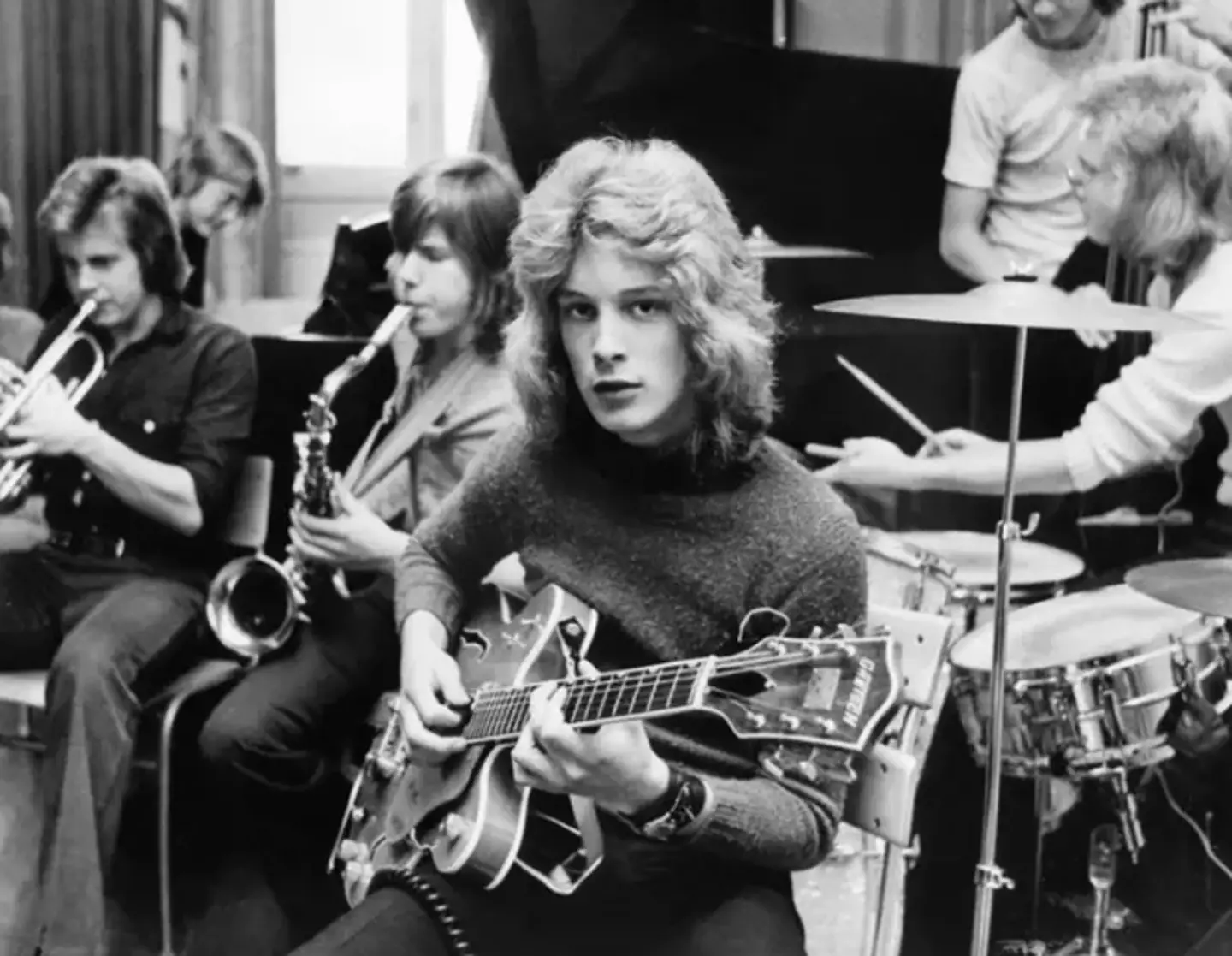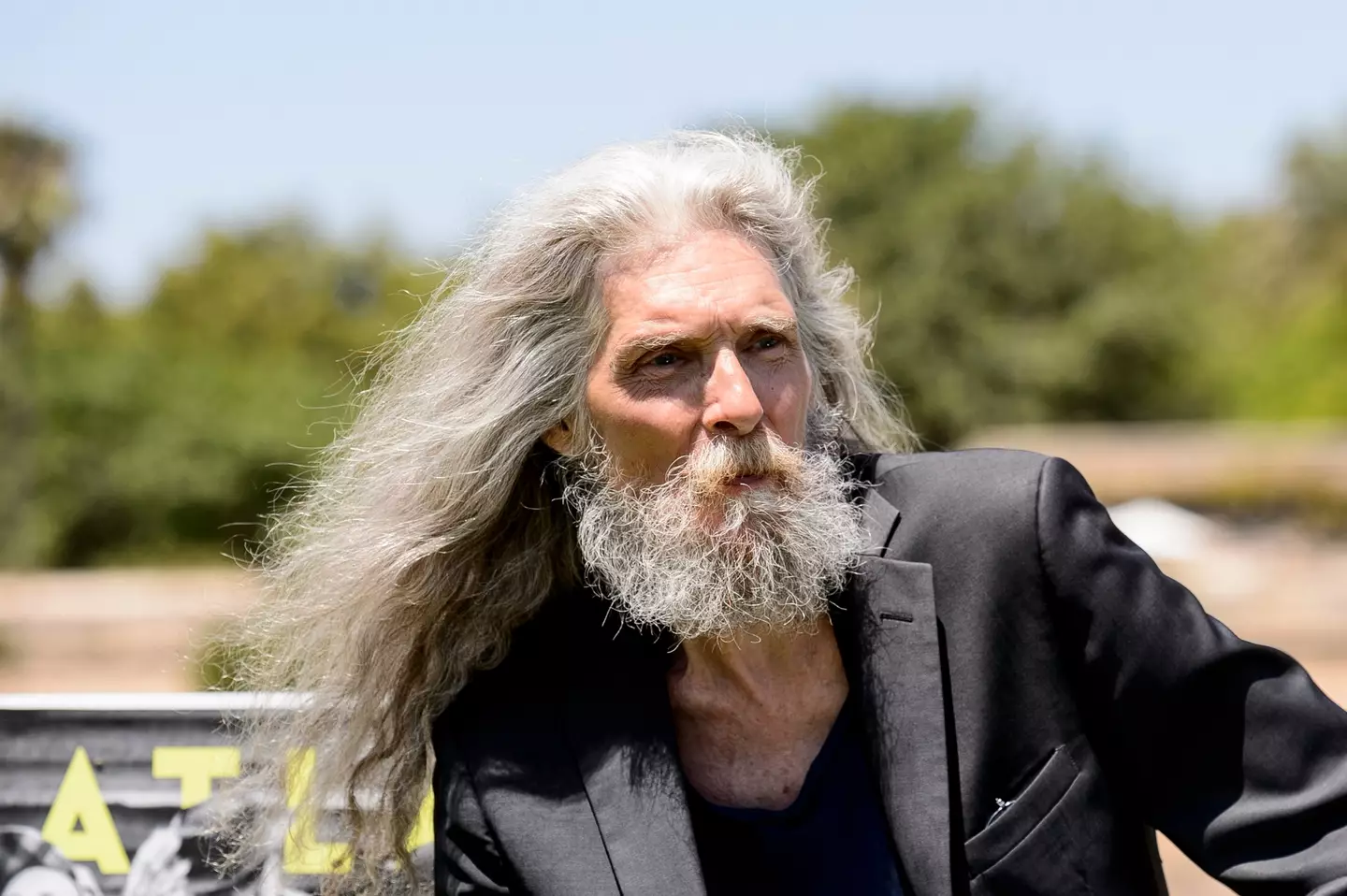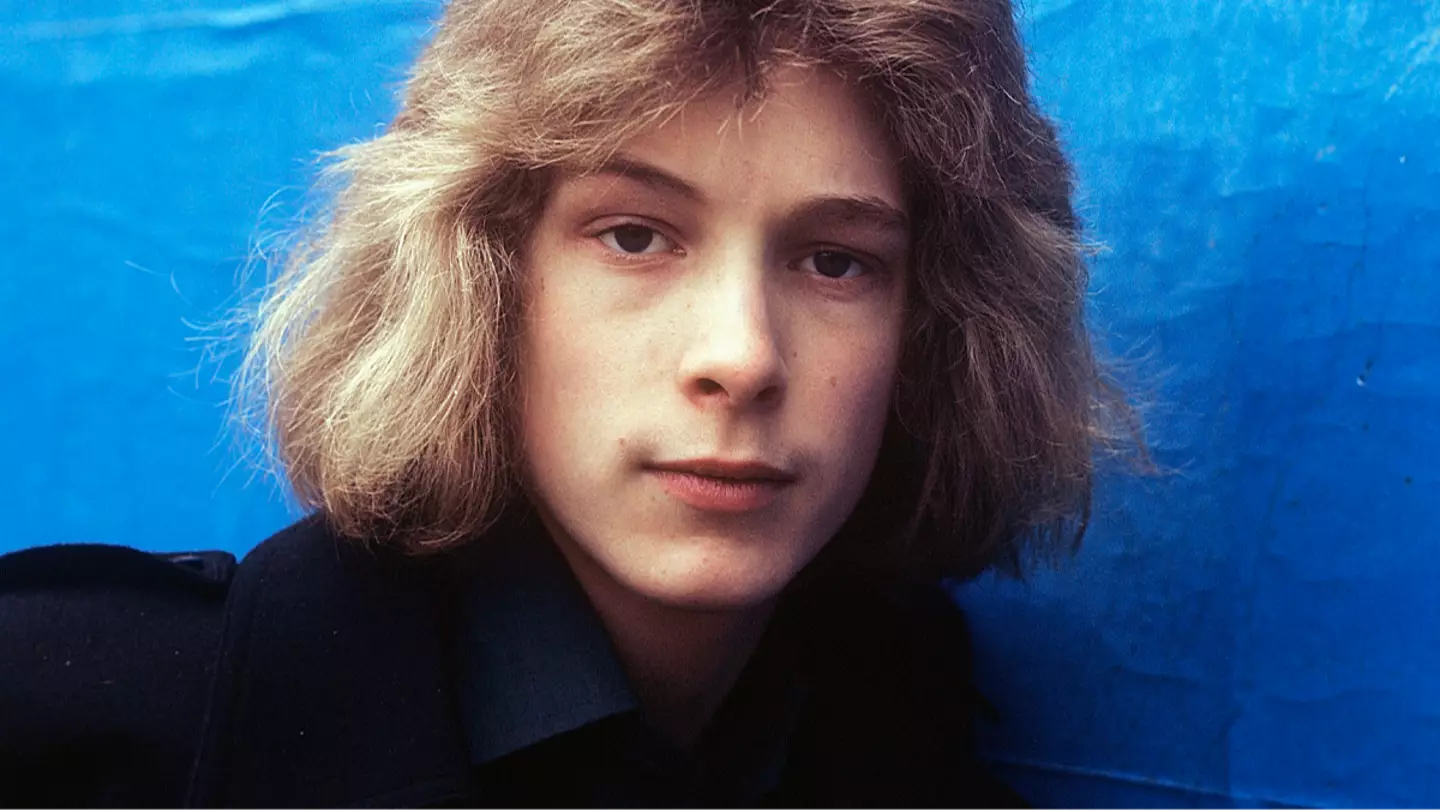Björn Andrésen, a Swedish actor and musician, passed away over the weekend, prompting many to reflect on the challenges he encountered throughout his life.
Andrésen gained international fame for his role in the 1971 film “Death in Venice,” earning the moniker “the most beautiful boy.” His rise to stardom was rapid, but with it came personal struggles.
Kristian Petri and Kristina Lindström, co-directors of the 2021 documentary “The Most Beautiful Boy in the World,” confirmed the 70-year-old’s death on Sunday, October 25.
Following his passing, fans have been reflecting on Andrésen’s life, with some unaware of the tragic experiences he endured both before and after achieving fame.
Born on January 26, 1955, Andrésen faced early loss when his mother took her own life when he was just 10 years old.

Living without his father, Andrésen was raised by his grandmother, who strongly encouraged him to pursue a career in entertainment, as she desired a celebrity in the family, according to Andrésen.
Before his passing, Andrésen expressed the difficulties of being labeled as “the most beautiful boy in the world” and how people treated him due to this title.
In a 2003 interview with the Guardian, Andrésen compared his experience to being “an exotic animal in a cage,” likening it to the overwhelming fame The Beatles experienced in America during the 1960s.
Andrésen also recounted an unsettling experience with “Death in Venice” director Luchino Visconti, who took him to a gay nightclub with a group of men when Andrésen was just 16.
Reflecting on the incident, he stated: “I knew I couldn’t react. It would have been social suicide. But it was the first of many such encounters.”
He added that the experience made him “very uncomfortable” and that he would have told the director to “f*** off” if he were still alive.

He further asserted that Visconti ‘didn’t give a f**k about his feelings’ and ‘would sacrifice anything or anyone for the work’.
Andrésen voiced frustration that his claim to fame was tied to a film he made at 15, despite continuing to work in his career.
In a 2021 interview with the Guardian, he stated: “It has screwed up my life quite decently.”
“Everything I ever do will be associated with that film. I mean, we’re still sitting here talking about it 50 years later.”
Andrésen shared more about his experiences and feelings toward the film in the 2021 documentary.

